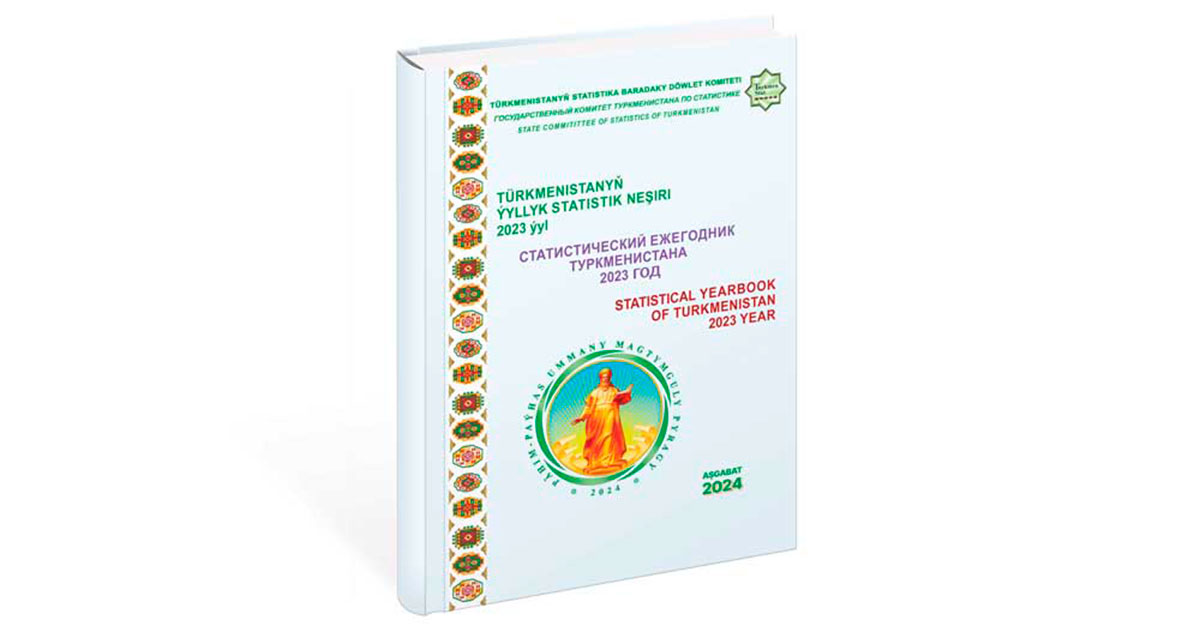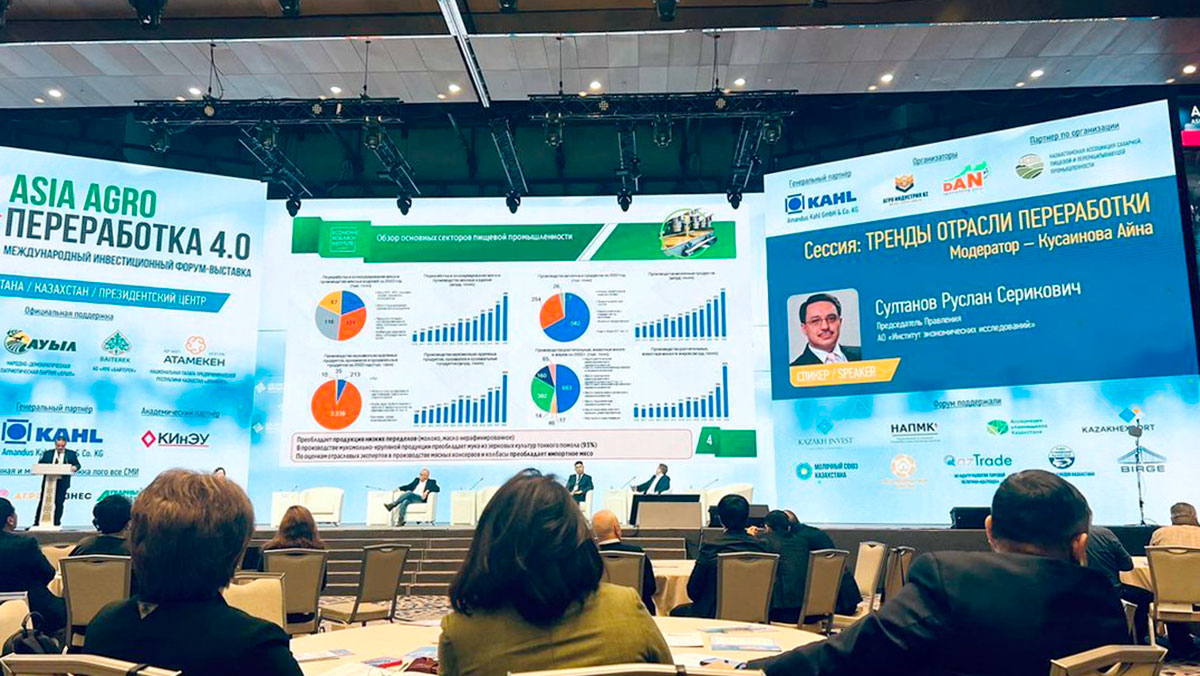As it is known, during the meeting of the Cabinet of Ministers on November 10, President Serdar Berdimuhamedov assigned the relevant leaders to continue the construction of the Turkmenistan-Afghanistan-Pakistan (TAP) power transmission line. In order to discuss the current state of implementation of this project, as well as the Turkmenistan-Afghanistan-Pakistan-India (TAPI) gas pipeline project, and the expansion of the railway infrastructure of the neighboring country, the Turkmen delegation, on behalf of the head of state, recently made a working trip to Afghanistan, Herat province.
At a meeting with the Minister of Foreign Affairs Amir Khan Mottaqi, the Minister of Mining Industry Shahabuddin Delawar and the Minister of Industry and Trade Nooruddin Azizi, a number of issues related to the further development of bilateral cooperation in a wide range of areas were discussed.
In particular, the parties considered the progress of implementation of the above-mentioned important projects. At the same time, the foreign ministers and members of delegations of both countries visited energy and transport facilities, the construction of which is carried out by Turkmen and Afghan companies.
These significant projects specifically reflect the creative foreign policy strategy of the independent neutral Homeland, consistently implemented by President Serdar Berdimuhamedov, particularly regarding large infrastructure projects destined to facilitate the strengthening of peace and stability, the development of relations of friendship, good neighborliness and broad fruitful cooperation in regional and global dimension.
The TAPI project, which can also be called rightfully unprecedented in the context of uniting the good political will of all its participating countries, is a real contribution to the formation of modern energy security architecture as a particularly large-scale answer to this noble idea as an integral factor in overall sustainable development.
At the same time, this project is another effective step in the implementation of Turkmenistan’s energy strategy, the key aspects of which are the comprehensive modernization of the national fuel and energy complex, increasing its potential for the future, creating a diversified system for transporting energy resources to world markets while ensuring a balance of interests of producers, transiters and consumers.
Acting from the position of equal, mutually beneficial cooperation, Turkmenistan, along with maintaining established traditional ties in this strategic area, systematically expands the geography of direct energy dialogue with foreign partners, forging close relationships with large oil and gas companies and authoritative financial institutions of the world.
The fact of the presence of colossal reserves of “blue fuel” in the depths of the Turkmen soil, which is generally recognized, particularly by leading international experts, allows our country to guarantee long-term supplies of natural gas in any direction, the demand for which is invariably high on world markets.
It is noteworthy that the Turkmenistan-Afghanistan-Pakistan (TAP) power transmission line is also being laid along the TAPI gas pipeline route under construction. In addition to power supply to all infrastructure facilities of this highway, the future power line will make it possible to export electricity to Pakistan and other countries of South Asia in transit through Afghanistan.
The constructive position of Turkmenistan regarding the expansion of the railway infrastructure of the neighboring country is another clear evidence of good neighborly Turkmen-Afghan relations, an effective contribution to the peaceful development of Afghanistan, the restoration of its socio-economic infrastructure, and the integration of this state into the modern system of regional and world economic relations.







